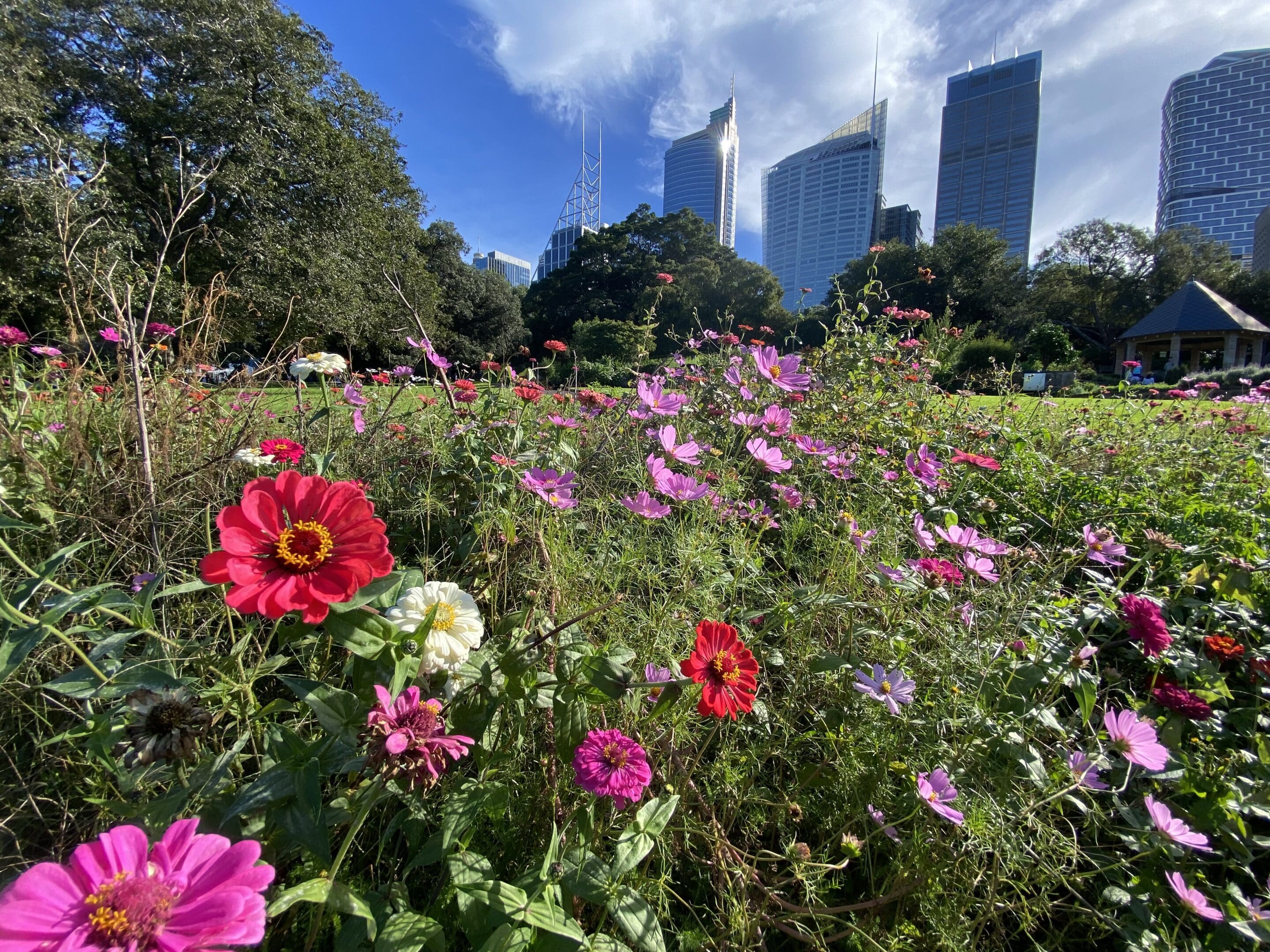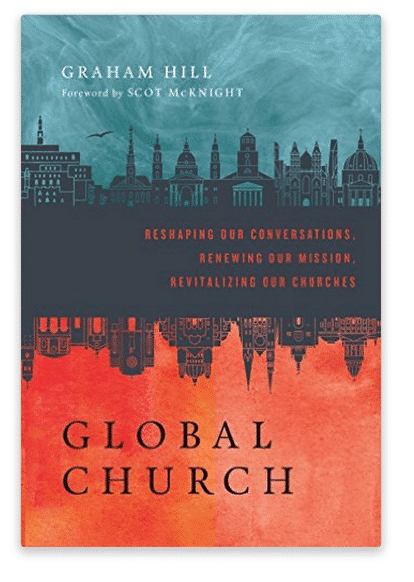Light in the darkness, and the renewal of all creation (Matthew 2)

Light in the darkness, and the renewal of all creation (Matthew 2)
‘In Christ, a new world is being born and the new creation is unfurling all around us. God is directing history toward the future restoration, repair, and renewal of all creation. And our job is to cooperate with God in being a sign and foretaste of that coming world.’ ~ Michael Frost and Christiana Rice[1]
After the birth of Jesus and the visit of the Magi, the story descends into apparent darkness. Herod is furious and determined to kill the Messiah, and Jesus’ family flee to Egypt. They are exiles living in fear for their lives. Angels, prophecies, dreams, stars, joy, spices and gold have been replaced by threats, fear, homelessness, violence and exile.
But notice that God is present in the darkness. The words of the prophets continue to be fulfilled. Herod thinks he’s in control. He engages in violent actions that rock the region and its people to the core. But there is a power far greater than Herod at work. God is guiding this story and in control of human history. A new world is being born, a new creation is unfolding, and a new kingdom has been inaugurated. Light has broken through the darkness. In Matthew 1 and 2, God’s holy, redemptive, creative, incarnate presence is replacing abuse of power and maniacal, murderous, idolatrous violence. God is in the business of being present where we expect him least—his peace dispelling conflict, his joy replacing sorrow, his love supplanting animosity, his humility confronting pride, his justice defying exploitation, his hope replacing despair, and his light dispelling darkness.
So much violence and suffering plagues our world today. We see violence and injustice in Baltimore and the Middle East; we see millions of refugees and displaced persons; we see the suffering of countless people due to natural disasters; we see people being exploited and abused. The list goes on. Yet, somehow, God’s light shines through in the darkest of places; revealing possibilities for justice, peace, forgiveness, reconciliation, and love. God is restoring all things, and calling his church to join with him in the renewal and healing of all creation. Matthew 2 tells us that “in Jesus the anticipated salvation of God’s people has begun.”[2]
So, we join with Jesus in declaring that salvation. And we pray for those who suffer, and for all those courageous Christians and others who serve as peacemakers, justice-seekers, truth-tellers, co-sufferers, and healers. We pray for our politicians, for the alleviation of poverty and suffering, for the end of ecological destruction, and for a just response to indigenous issues and to asylum seekers and refugees. We pray for our nation, politicians, earth, economic systems, institutions, and more. We pray for our religious, political, business, and other leaders—that they will act with compassion, wisdom, justice, courage, and conviction. We pray for the witness and mission of the church—that the church would love justice, do mercy, and walk humbly with our God.
But we don’t stop at prayer. We also act.
From the very opening chapters of Matthew’s Gospel we are called into a life of worship, prayer and action. God challenges unjust political and social power. He confronts prejudice, sexism and racism. He identifies with the homeless, displaced, persecuted and refugee. He is restoring all things and renewing all creation. His light is breaking into the darkness; revealing God’s presence in the most unlikely and surprising places. And he is calling us to join with him in this work of healing and renewal and restoration.
We are too quick to miss God’s light breaking through all around us. In Matthew 2, pagans (Magi) worship Jesus. Remember, these were a priestly caste of Eastern astrologers. They are most likely from Persia or Babylon. Yet God is drawing them into his story, and speaking in and through them. God is challenging our prejudices and reordering our religious imaginations. He is revealing himself in the most unexpected places. His kingdom is surprising and scandalous; but also, holy, just, merciful, and restorative.
As I’ve written elsewhere, post-Christendom, secularism, materialism, sexuality, immigrants, refugees, nationalism, and Islam aren’t things to be feared but are, instead, opportunities to truly be the church. These social changes are opportunities to embrace fuller discipleship, to reform our beliefs and practices, to dig deeper into the stories that shape us and our society, to see God’s presence within expressions of doubt and questioning, and to practice a distinct social ethic. These are opportunities to cultivate a distinct community with a distinct love and ethic and grace and holiness and reconciliation and hope and welcome. These are opportunities to discern how we’ve become thoroughly secularised, and to be the new humanity and new creation in Christ. These are opportunities to ask what really shapes our identities and desires, and to repent. These are opportunities to join with God in his mission, to live full and joyful lives, to listen to the hopes and longings of others, to embrace fresh confidence in the gospel, to open our hearts and homes and lands and families, and to invite the Spirit to convert his church. These are opportunities to be salt and light, and a city set on a hill.
God’s light breaks through the darkness. A new world is being born. And the church is called to name where God is at work, and join with him there. We join with God as he breaks through the darkness (and restores and renews all creation) through the just, holy, redemptive, peaceable, healing, reconciling, astonishing work of his Son.
REFLECTION: How am I challenging unjust political power? Am I confronting prejudice against those who are different from me and my group? Am I welcoming and embracing the refugee and undocumented migrant? Am I becoming a person of peace who shows the love of the Prince of Peace?
This is number 1 in the series Slower.Deeper.Fuller by Graham Hill ~ Discover a slower, deeper, and fuller life. The series picks themes from various chapters of the New Testament. It reflects on what that theme tells us about pursuing slower, deeper, and fuller lives, discipleship, and ministries. Subscribe to the blog for more.
What to be mentored in spiritual leadership and deeper discipleship by Graham Hill? Go here.
Graham Hill
Graham Hill (PhD) is the Provost of Morling College in Sydney, Australia, and the Founding Director of The GlobalChurch Project – www.theglobalchurchproject.com. He’s the author of “GlobalChurch: Reshaping Our Conversations, Renewing Our Mission, Revitalizing Our Churches” (IVP, 2016), and “Salt, Light, and a City, Second Edition: Ecclesiology for the Global Missional Community: Volume 1, Western Voices (Cascade, 2017).”
© 2017 All rights reserved.
Copying and republishing this article on other Web sites, or in any other place, without written permission is prohibited.
Want to be mentored?
Books
Don’t forget to buy Graham Hill’s books, GlobalChurch and Salt, Light, and a City (second edition).


Comments: We’d love to hear your comments and reflections on this blog post!





